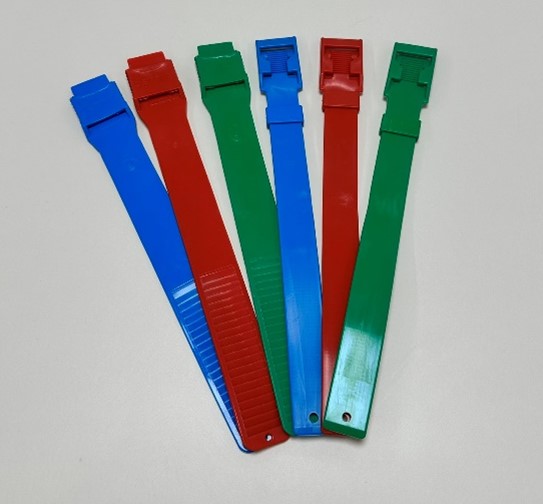Arizona researchers are working on portable electronic sensors to combat ASF

The fight against ASF requires the adoption of appropriate sanitary measures and international cooperation. Veterinary science plays an important role in developing methods to prevent and control this dangerous virus. One example of such research is a project conducted by scientists at Arizona State University.
Arizona researchers are working to develop portable electronic sensors that can be used to detect ASF antibodies and antigens. These sensors are based on the use of metal nanoparticles and are designed to quickly and accurately detect the presence of a virus. If this technology proves effective, it could be used in various regions of the world where ASF is a problem and help contain the spread of the virus.
In addition, Virginia Tech is conducting research to develop nanosensors that can be used directly on pig farms. These tools will help quickly detect the presence of the ASF virus, which will allow timely measures to be taken to control and prevent it.
ASF control is an important task for countries, especially those that are exporters or importers of pork. The presence of the virus may lead to restrictions on the import of pork from infected regions, which could seriously affect the economic stability of pork enterprises. Therefore, the development of new technologies and scientific approaches to the diagnosis and control of ASF is an integral part of the fight against this virus.




























































